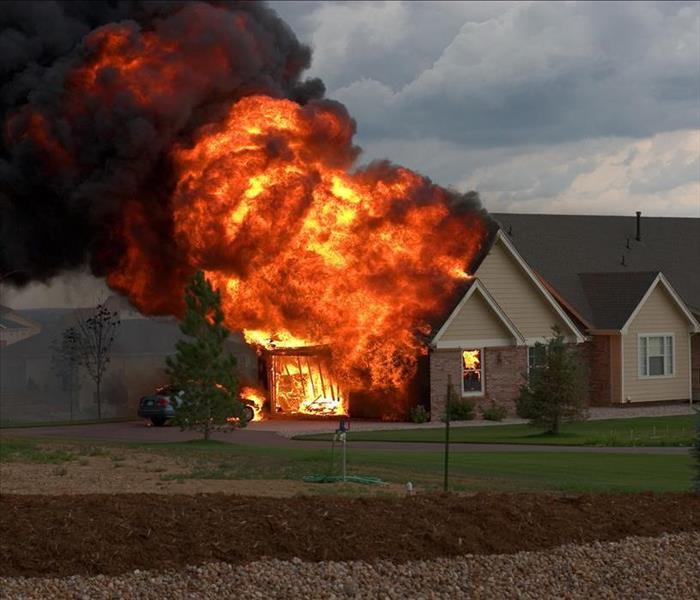Fire Safety When Staying in Peer-to-Peer Lodging
11/10/2018 (Permalink)
 With this substantial growth in peer-to-peer lodging, there are a number of safety concerns that have arisen.
With this substantial growth in peer-to-peer lodging, there are a number of safety concerns that have arisen.
Peer-to-peer lodging companies have seen a massive growth over the last several years. With the lodging trends moving slightly away from hotels and resorts toward privately owned, short-term rentals like apartments and houses, corporations like Airbnb have seen impressive success and are only expanding their reach. In fact, this movement is said to be the fastest-growing substitute to hotels and motels.
With this substantial growth in peer-to-peer lodging, there are a number of safety concerns that have arisen. Today we focus on fire safety and how peer-to-peer lodging options have addressed the issue. While hotels and motels have a number of fire safety regulations, the same may not be able to be said for peer-to-peer lodging options. Code regulations as they relate to important items such as smoke alarms, fire doors, automated extinguishing systems, and posted fire escape routes are the norm in hotels and motels. However, peer-to-peer lodging does not see the same requirements.
Unfortunately, peer-to-peer lodging is mostly unregulated. Since the peer-to-peer lodging sector is so new, most code regulations have yet to reach them. While the private residences for peer-to-peer lodging properties likely fall under their local codes, there are still a lot of issues with a lack of uniformity in regulations. A study was performed by the U.S. Fire Administration and found that one in five Airbnb properties do not have a smoke alarm and about 50 percent do not list a CO alarm.
As such, it is important to keep fire safety in mind whenever staying at peer-to-peer lodging. Hopefully, regulations will soon catch up to that of hotel requirements.

 24/7 Emergency Service
24/7 Emergency Service